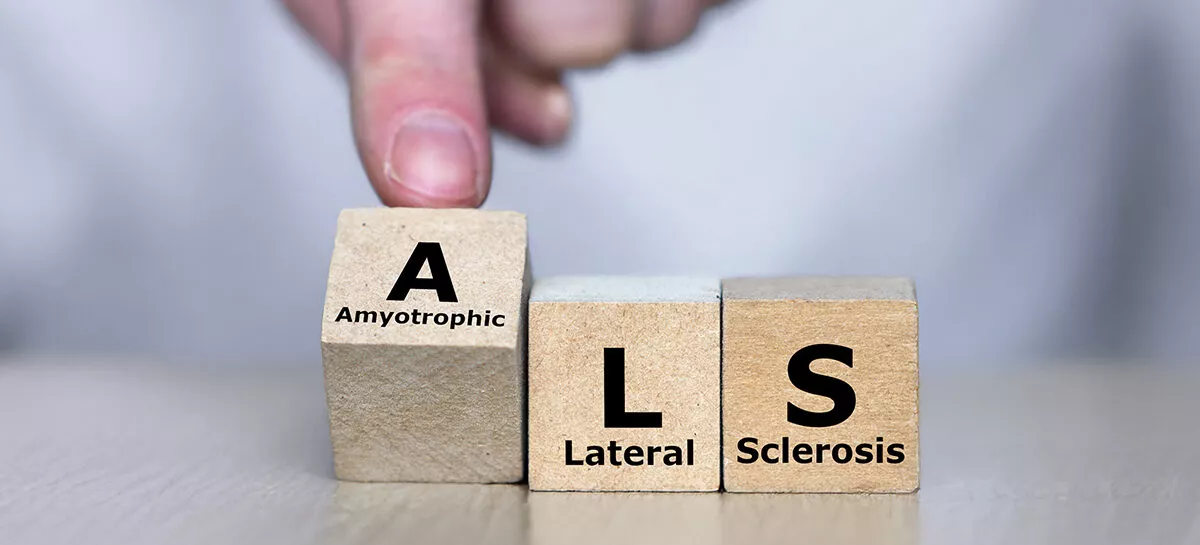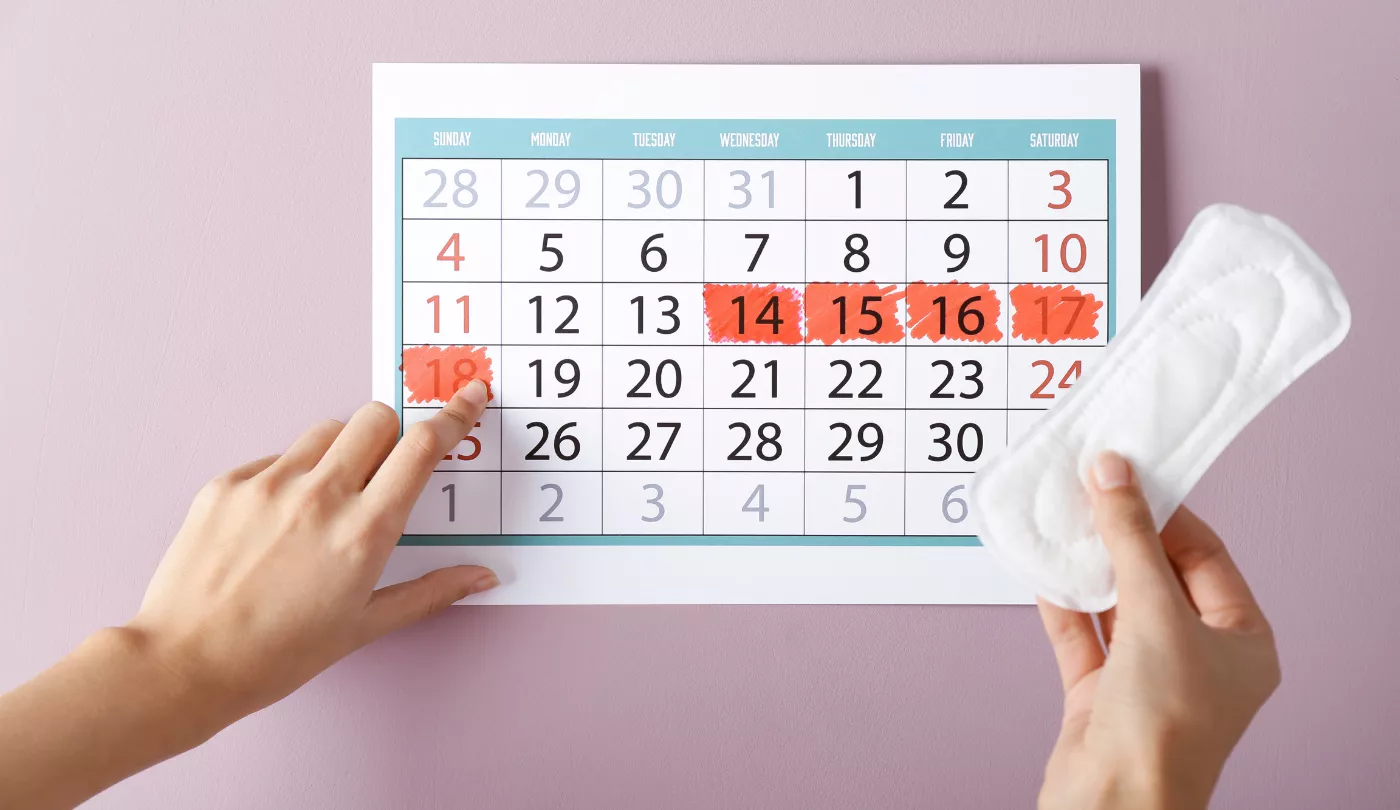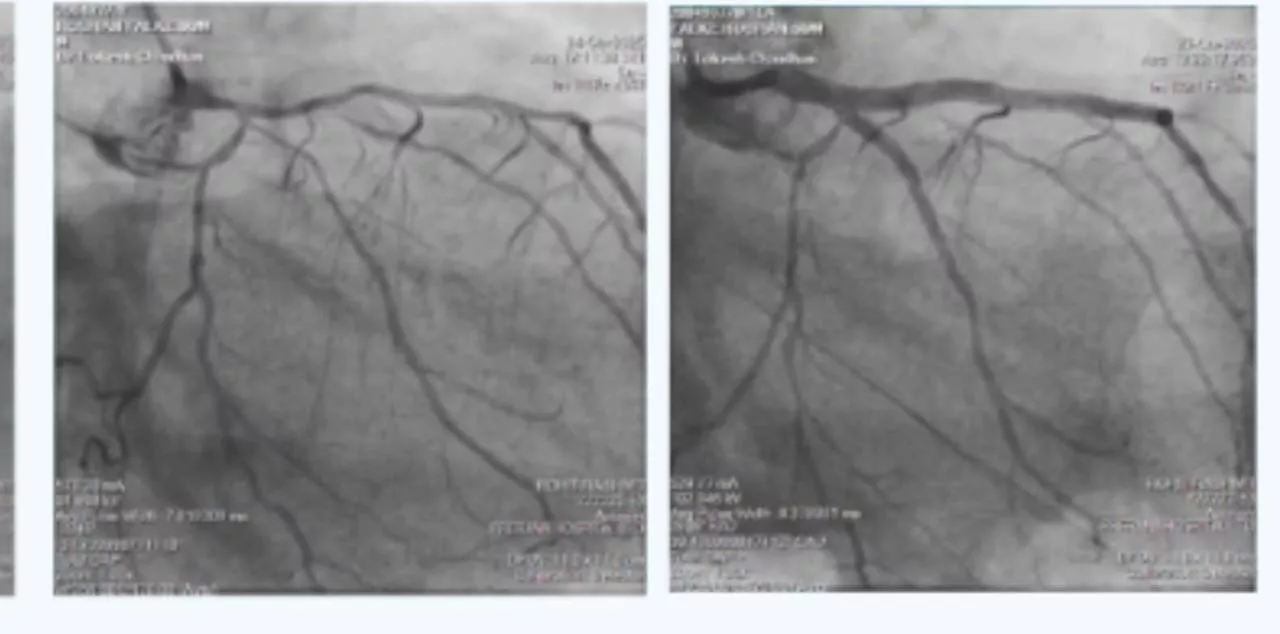Understanding Postpartum Care: Recovery and Healing
Childbirth is often a celebratory time for new parents. For a woman, this journey can be a challenging yet life-changing experience. Often, there is a lot of focus on women for self-care during pregnancy, but it tends to shift after childbirth to the newborn.
At this stage, the woman’s body has been through a tremendous change, physical, emotional, and hormonal. Self-care and recovery postpartum are as crucial now as it is during pregnancy. The literal postpartum meaning is ‘following childbirth’, and while everyone’s attention tends to shift to the newborn, new moms need care too. The best gynaecology hospital in Bangalore will be able to guide you on what to expect in the following days after childbirth.
Here, we bring you a definitive guide on healing after delivery as well as taking care of postpartum blues.
Take Time for Physical Healing
Post-childbirth, women hope to recover in just a few days and get back to their daily routines. It is important to remember that the body goes through significant physical changes during pregnancy and childbirth. Postpartum, women need time to recover from vaginal tears, C-section incisions, along with additional concerns such as abdominal pain and constipation. All of these aspects require adequate rest and self-care. Your care team can help you learn more about self-care at this time.
Self-Care through Nutrition and Gentle Movements
After childbirth, feeding and rest seem to be only associated with the newborn. While women focus excessively on nutrition during pregnancy, it may become difficult to manage once the baby is born. However, eating a healthy, nutritive diet is core to postpartum recovery. To avoid unhealthy snacking, have someone prepare your meals in advance for the day. Your care team at the best gynaecology hospital in Bangalore is likely to share a recommended diet to help you get the nutrition you need to recover well.
Additionally, gentle exercises can aid healing. Every woman’s body is different so do not exert yourself. Only do the exercises that are advised in the capacity that is possible for you. As your body recovers, so will your stamina.
Weight Loss is a Slow Process
Often women get swayed by media expectations and celebrity pictures in reclaiming their pre-pregnancy bodies. Your body won’t lose all the additional weight immediately after childbirth. Instead, it can take several months. The focus here needs to be on nutrition, gentle exercises, and emotional self-care first, and as you recover, your body will get back to its original size.
Emotional Adjustment Takes Time
Along with your physical body, the massive changes in hormones and the rollercoaster experience of childbirth and having a newborn is sure to bring forth a host of emotions. New moms may experience postpartum blues (also known as baby blues) which include mood swings, anxiety, bouts of crying, and insomnia. This may last for a few weeks after childbirth as a woman experiences varying emotions from joy to anxiety and worry. In most cases, the adjustment period improves but if the struggles worsen, they should be brought to the doctor’s attention at the earliest.
Postpartum Depression is real
Around one in seven women can develop postpartum depression (PPD).1 This emotional change goes beyond the typical postpartum blues and may last longer. It also affects the ability of a mother to bond with their child, establish a regular routine for themselves, and recover. Due to feelings of embarrassment or fear of being stigmatised, women do not speak up. It is important to know that postpartum depression is normal and treatable. Talk to your doctor if you feel your symptoms such as mood swings, anxiety, crying spells, or insomnia worsen.
In some cases, women may also experience postpartum psychosis which is the most severe form of mental illness after childbirth. Along with typical symptoms worsening, women may also suffer from extreme confusion, paranoia, delusions, and hallucinations.2
Conclusion
Every woman’s postpartum experience is different. From physical changes to emotional upheavals, the woman’s body goes through a myriad of changes. Take time for yourself and remember that this is a period of immense self-care to aid the body in healing and recovering in the healthiest way possible. For any concerns, be sure to consult your doctor at the best gynaecology hospital in Bangalore.
1 https://www.ncbi.nlm.nih.gov/books/NBK519070/
2 https://www.ncbi.nlm.nih.gov/books/NBK544304/
References
https://familydoctor.org/recovering-from-delivery/ https://www.stanfordchildrens.org/en/topic/default?id=the-new-mother-taking-care-of-yourself-after-birth-90-P02693 https://www.ncbi.nlm.nih.gov/books/NBK544304/ https://www.ncbi.nlm.nih.gov/books/NBK519070





